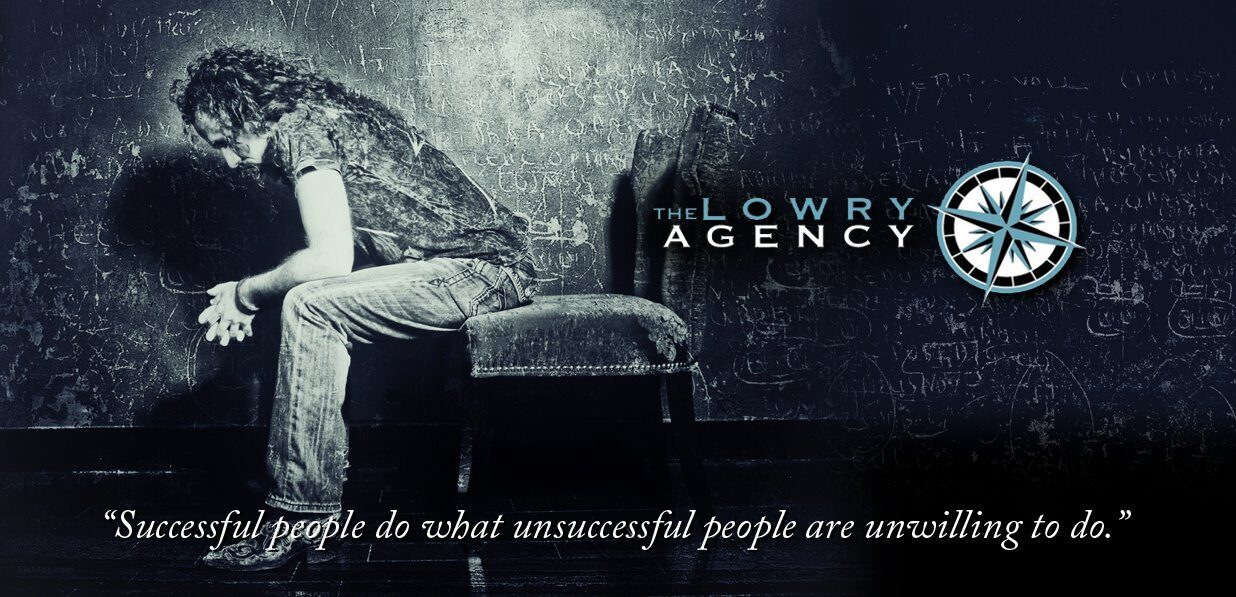Developing Your Own Style
By Sass Jordan, Artist – The Lowry Agency
The key to the all important ‘style’ is absolute knowledge of your vocal limits and strengths. I remember a couple of years ago, I was doing a songwriter circle, and one of the other songwriters was an artist I love, by the name of Ron Sexsmith. We were doing a group number with Roger Hodgson, of Supertramp, (another one of my faves), and there was a hideous out of tune issue going on .. we were trying to find the source of it, when lo and behold, Ron held up his hand and said .. “Guys, it’s me. I can’t sing in tune. It’s my style”! It broke the ice, and we laughed non-stop from that moment on.
The thing is, Ron wasn’t really kidding – that wavery, blue tunage type of thing is very much ‘his style’, and it completely suits his amazing songs and melodies. He is a consummate artist in that he knows what works for him, what delivers for him-and he doesn’t try to be anything he isn’t. It’s the same as anything else – you know if you’re a size 6 shoe, you ain’t gonna be wearing a size 10!
You have to develop your thing from a variety of influences. First of all, what type of styles do you love and admire in other singers? I was (and still am) a HUGE Chaka Khan fan, but there was no way in HECK I was ever going to be able to sing like her – I just can’t do it physically. However, I developed a couple of tricks that I use now, that came from trying to imitate her sound. Same with Tina Turner, Paul Rogers, Lou Gramm, Steve Perry, Al Green, Curtis Mayfield, Leon Russel, Dr. John, Linda Ronstadt, and a host of others.
Another thing to consider is the style of music – there are certain types of phrasing etc that are intrinsic to certain styles. I personally think that Stevie Wonder is the originator in large part of a very popular singing style we have been hearing for the past fifteen to twenty years. Singers like Mariah Carey and Christina Aguilera are skilled at it. It incorporates a lot of what is known as ‘vocal gymnastics’, but to be good at it you have to know when to lay out. Less is ALWAYS more.
Your sound has more to do with your physical structure than anything else. If you have a great big resonant skull, like Pavarotti, you will be able to make sounds that other’s with less cranium can manage. It’s also down to lung capacity and the strength of your diaphragm – all massive contributors to sound and style.
The development of personal vocal style is like the development of your personality, and actually works hand in hand with it. Age and experience are two factors that cannot be underestimated in terms of their impact on a singing style. Your style is the one thing that sets you apart from other’s, and is an identifying feature, along with your tone and personal energy. The great thing is, there will only ever be ONE of you, so you never need to think about ‘competing’ with another singer, which goes against everything music is. People either resonate with you, or they don’t. NEVER worry about it!
